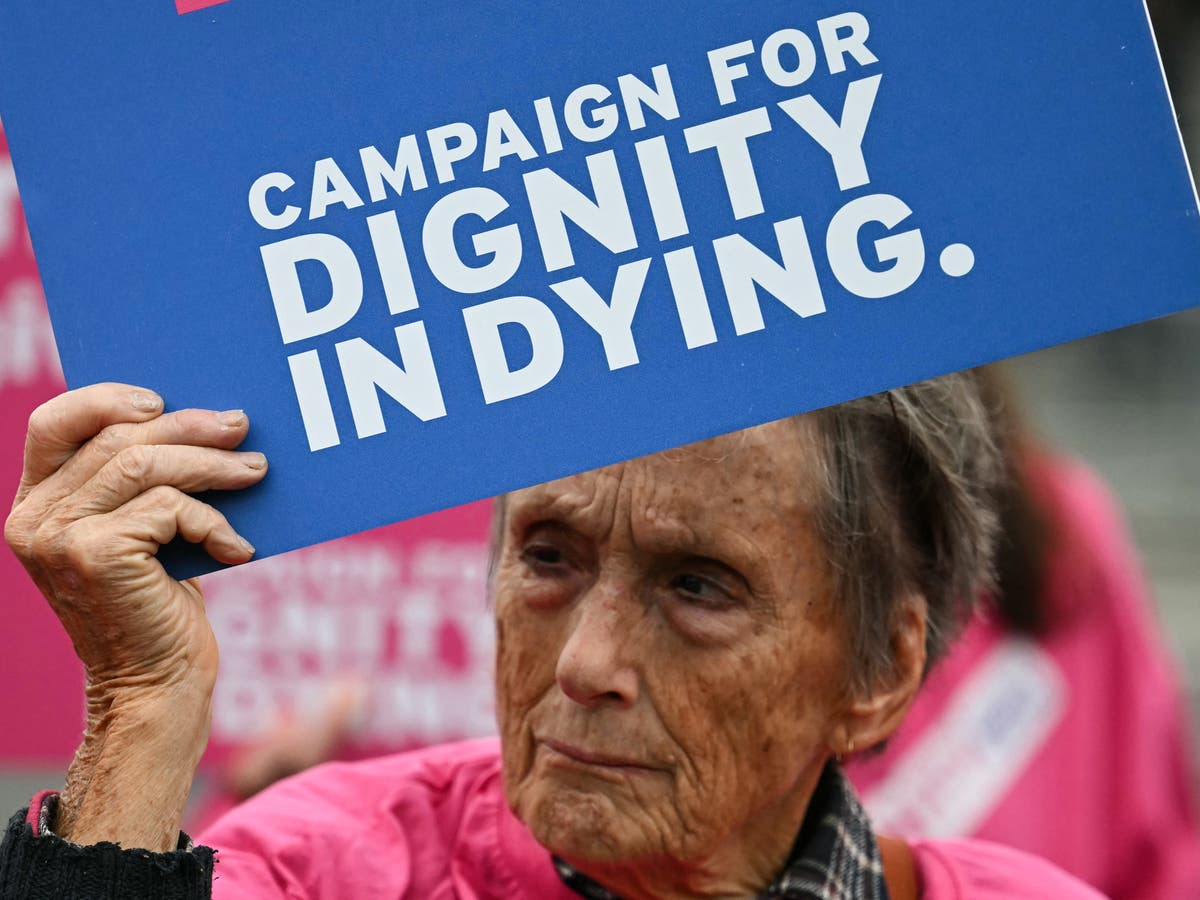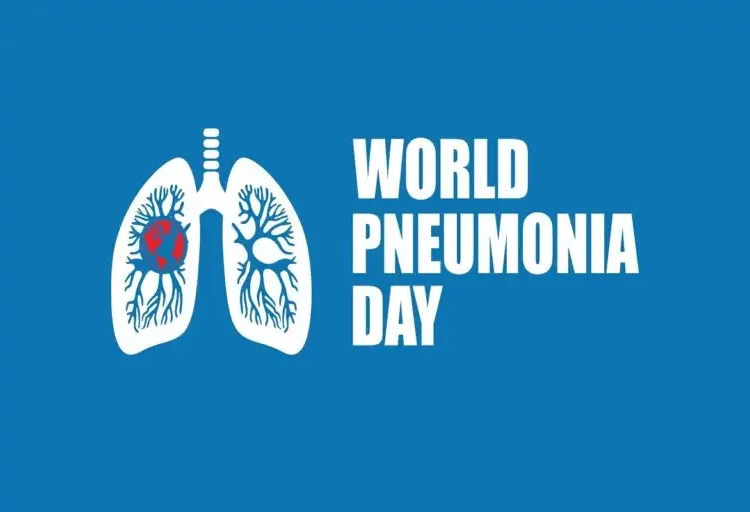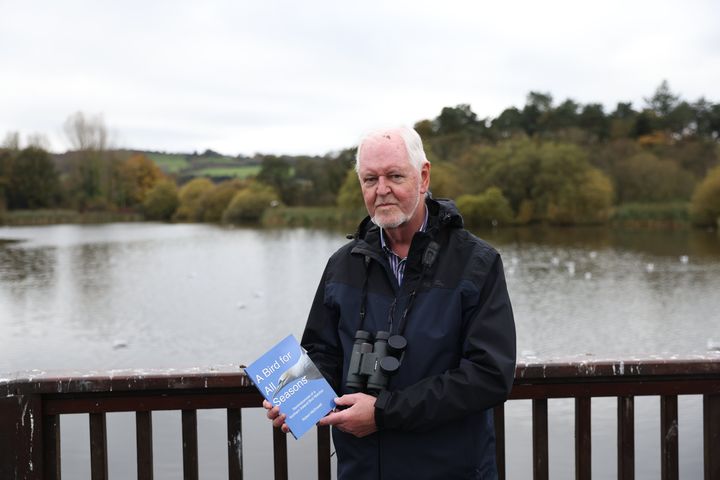T he Assisted Dying Bill has sparked passionate discussion among Independent readers, with opinions divided over its ethical, practical, and societal implications. When we asked for your views , supporters of the bill argued it offered terminally ill patients dignity and choice at the end of life. Many emphasised the suffering of those enduring intolerable pain and highlighted the robust safeguards in the bill to prevent abuse.
One reader described it as “compassionate and wise,” asserting that the right to die was as fundamental as the right to live. Others called for a legal framework to ensure clarity, particularly for patients with conditions like dementia, and praised the bill as long overdue. However, critics expressed deep concerns over the potential for misuse and coercion, particularly for vulnerable groups.
Some questioned whether sufficient protections were in place to prevent undue influence or hasty decisions. Others suggested the focus should instead have been on improving palliative care, citing examples of relatives who valued their final moments despite severe illness. Concerns also arose about the role of religious dogma in the debate, with several readers rejecting external moral impositions on personal decisions.
Conversely, others feared societal consequences, from a “slippery slope” to the broader devaluation of life. Here’s what you had to say: I have always been in favour of assisted dying. I would also extend it to Alzheimer’s disease suff.


















